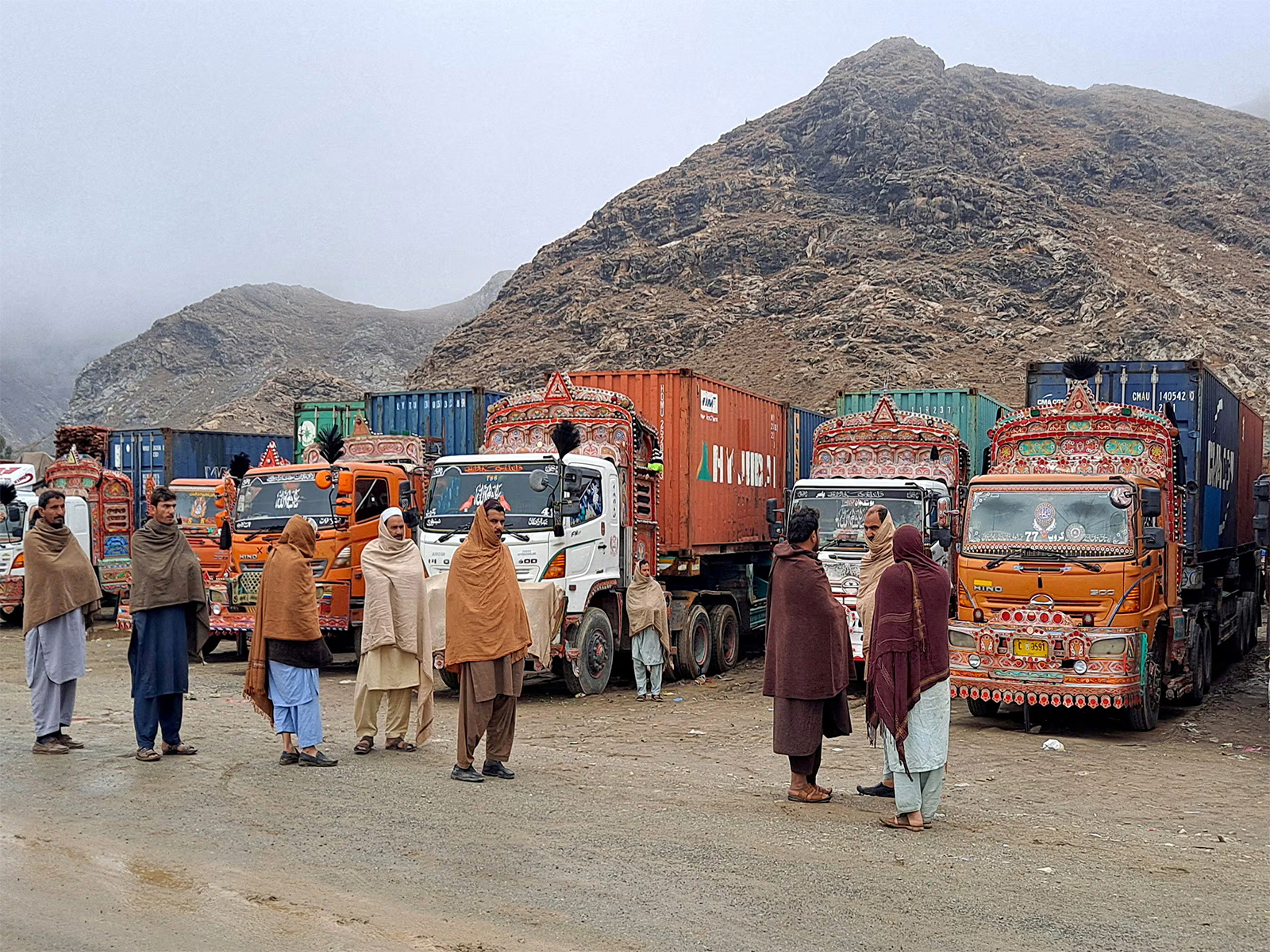Trade Tensions: Afghanistan and Pakistan's Economic Pathway at Risk
Trade between Afghanistan and Pakistan registered a slight decline in the first half of this year. Afghanistan imported major items like rice and cement, while it exported coal and cotton. Recurring border closures and tariffs pose persistent challenges, urging officials to separate politics from commerce for economic growth.

- Country:
- Afghanistan
In the first half of this year, trade between Afghanistan and Pakistan saw a modest decline, as reported by Tolo News referencing data from Afghanistan's Ministry of Industry and Commerce. The ministry revealed that bilateral trade hit USD 1.108 billion, a slight dip from last year's USD 1.117 billion during the same period.
Despite this, Pakistan continues to be one of Afghanistan's principal regional trade partners. Challenges, however, persist, causing a reduction in trade volumes. Akhundzada Abdul Salam Jawad, spokesperson for the ministry, noted key exports to Pakistan such as coal, cotton, and processed talc stone. Meanwhile, Afghanistan imported significant quantities of rice, cement, and medical supplies.
The Chamber of Agriculture and Livestock emphasized the critical necessity of bolstering economic ties, highlighting Afghanistan's dependency on Pakistani transit routes. Wasim Safi, the Chamber's Chief Executive, reinforced this by urging the establishment of favorable trade relations. Economic analysts echoed this sentiment, advocating for political disputes to be decoupled from economic cooperation, as improved trade, particularly through Karachi and Gwadar ports, would benefit both nations.
Tolo News highlighted recurring issues like border closures, tariffs, and transit restrictions imposed by Pakistan, which continue to hamper trade. The report stressed the importance of overcoming these barriers to fortify the Afghanistan-Pakistan trade relationship, amidst calls for political and economic detachment.
(With inputs from agencies.)
ALSO READ
Tensions Surge as Flotilla Challenged Near Gaza: A Humanitarian Stand-Off
Screwworm Outbreak Threatens Mexico; Diplomatic Tensions Rise
Controversial Balloons: A Cross-State Probe Sparks Tensions
Tensions Rise as Aid Flotilla Approaches Gaza Blockade
Tensions Rise as Israeli Navy Prepares to Intercept Global Sumud Flotilla










